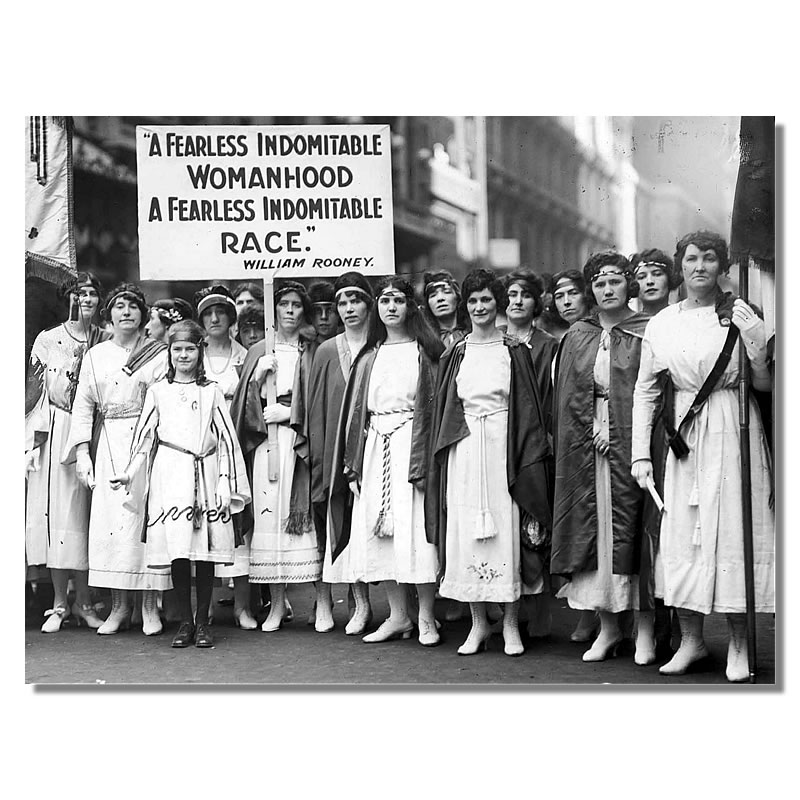Women In The 17th Century On Flowvella
Posted : admin On 02.02.2019Gender Roles in 16th and 17th Century England Women's Roles Male Roles What are Gender Roles? A gender role is the public image of being a male or female that a person presents to others. They are a set of social expectations and behavioral norms. Women's Roles in the 16th Century Women's Roles in the 16th Century The most common 16th century women was a housewife that were busy running farms, businesses and raising a family. These housewives were very self-sufficient and some-what educated. They took care of cooking, cleaning, and helped their husbands with their jobs. Men of the 16th Century Men of the 16th Century were to provide for their family.
Some women played a prominent part in religion in the 18th century. Anne Dutton (1692-1765) was a Baptist theologian. Sarah Crosby (1729-1804), Sarah Ryan (1724-1768) and Selina Countess of Huntingdon (1707-1791) were all prominent in the Methodist movement.
Males mostly had two important responsibilities; provide for their family and protect their family. Their specific jobs varied greatly depending on class. Men in the 17th Century The roles of men didn't change greatly in the 17th century.

Brother printer drivers for mac. They were still expected to provide for their family and be good to their wife. Most families during this time period worked as peasant farmers. Men who were tradesman were known to be very busy and not often seen spending time with their family.
17th Century Women Going into the 17th century, women were still responsible for the health of their family, cooking and cleaning and obeying their husband. During the 17th Century women were below men on the 'gender heirarchy'. This eventually led to tension within family relations. The Tempest The characters in Shakespeare's 'Tempest' are extremes of stereotypical gender roles. The men are seem to have extreme power and control while women are barely present. The only time women are present they are being harrassed or adored for their virginity. The lack of female roles is a huge representation of gender roles during this time.
Works Cited Amanda Warren 16th century women were not allowed professions, they were not doctors, lawyers or teachers. They were often domestic servants and worked jobs such as shoe-making and selling food on streets.